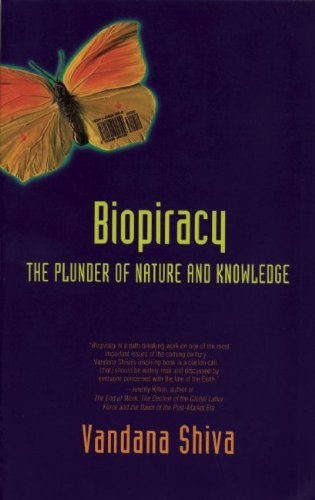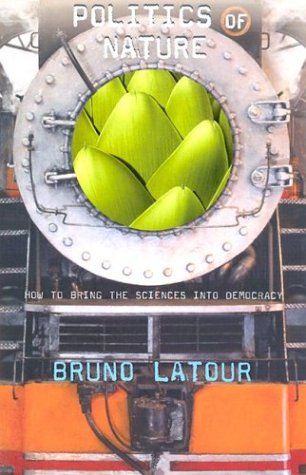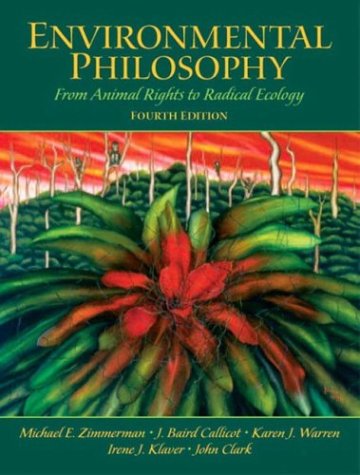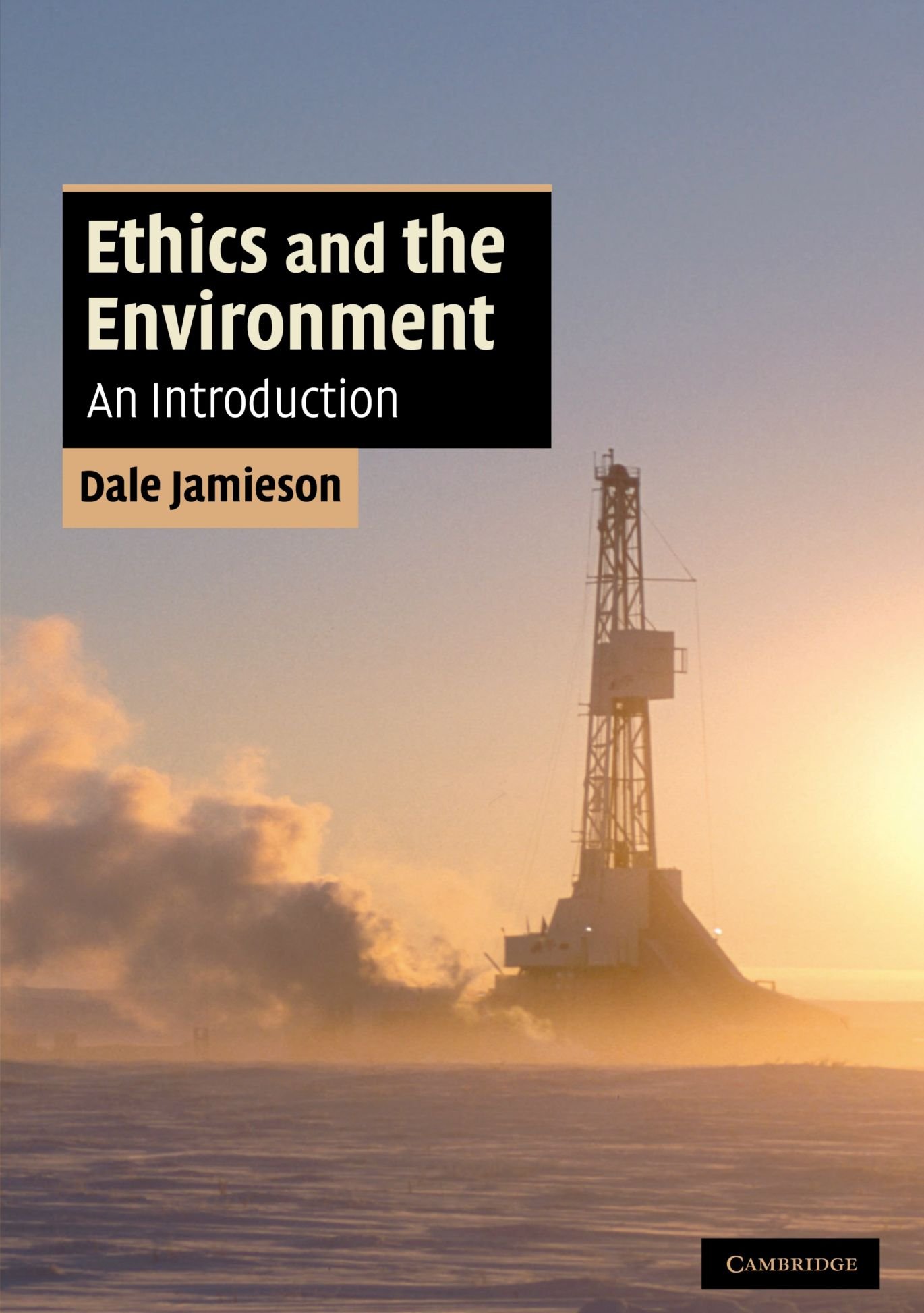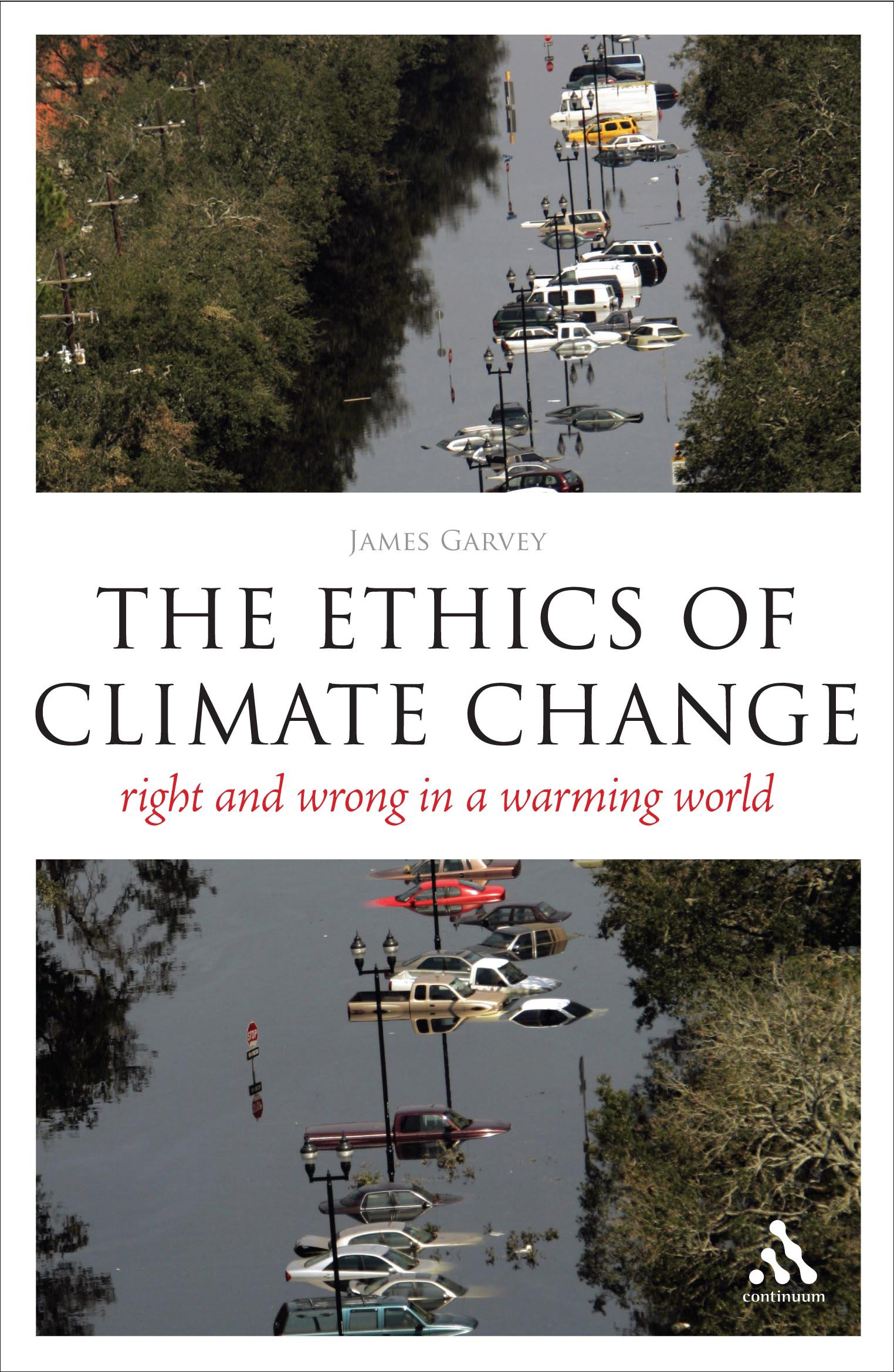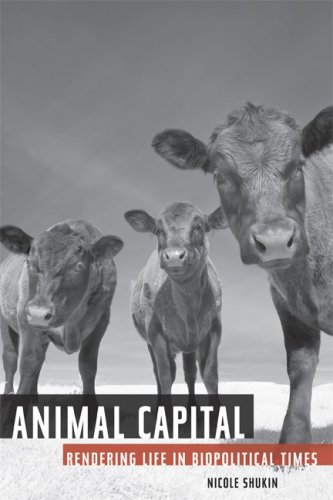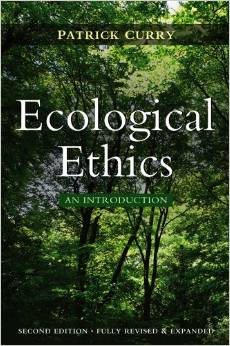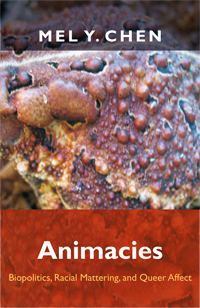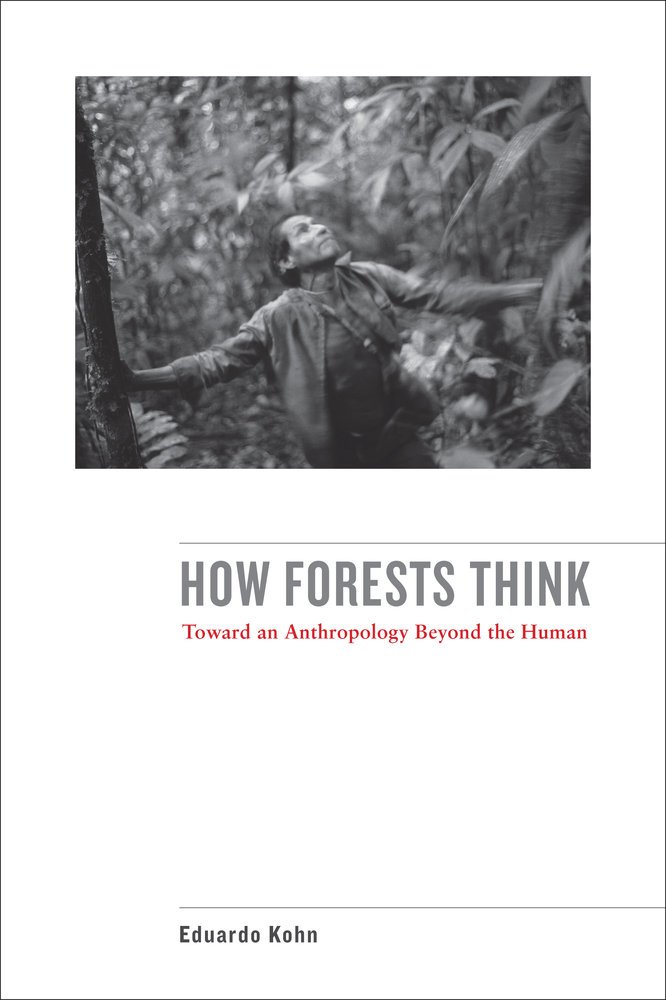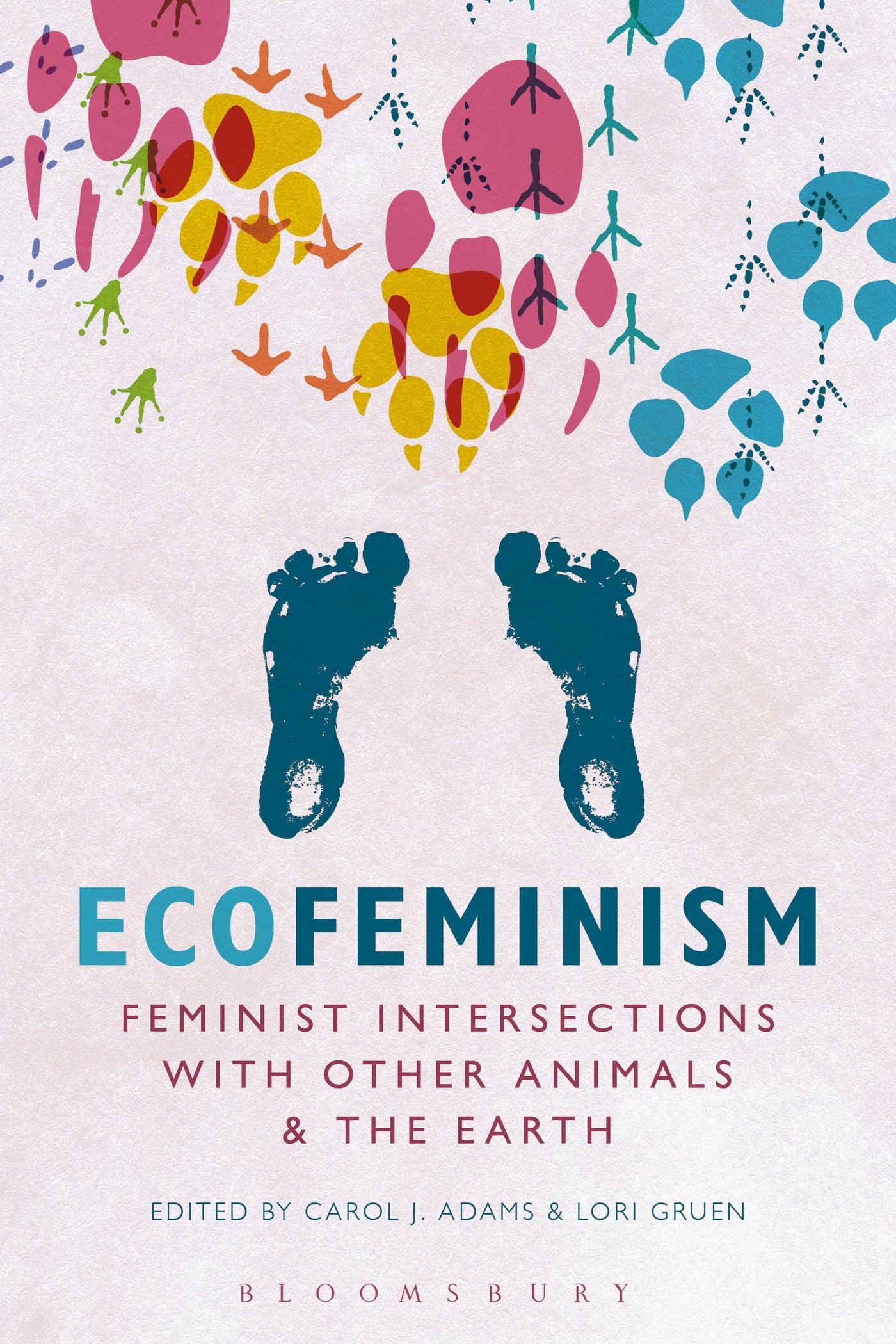Top Ten Recent Books in Ecophilosophy
[easy-share buttons=”facebook,twitter,linkedin,mail” counters=0 native=”no” image=https://live-ehc-english-ucsb-edu-v01.pantheonsite.io/wp-content/uploads/2014/06/01D_UCEN_010-3-2.jpg url=https://live-ehc-english-ucsb-edu-v01.pantheonsite.io/?page_id=6047 facebook_text=Share twitter_text=Tweet linkedin_text=Link text=”Books on Ecophilopshy”]
Biopiracy: The Plunder of Nature and Knowledge, Vandana Shiva
In this intelligently argued and principled book, internationally renowned Third World environmentalist Vandana Shiva exposes the latest frontier of the North’s ongoing assault against the South’s biological and other resources. Since the land, the forests, the oceans, and the atmosphere have already been colonized, eroded, and polluted, she argues, Northern capital is now carving out new colonies to exploit for gain: the interior spaces of the bodies of women, plants and animals. (from Amazon)
Politics of Nature: How to Bring the Sciences into Democracy, Bruno Latour (2004)
A major work by one of the more innovative thinkers of our time, Politics of Nature does nothing less than establish the conceptual context for political ecology–transplanting the terms of ecology into more fertile philosophical soil than its proponents have thus far envisioned. Bruno Latour announces his project dramatically: “Political ecology has nothing whatsoever to do with nature, this jumble of Greek philosophy, French Cartesianism and American parks.” Nature, he asserts, far from being an obvious domain of reality, is a way of assembling political order without due process. Thus, his book proposes an end to the old dichotomy between nature and society–and the constitution, in its place, of a collective, a community incorporating humans and nonhumans and building on the experiences of the sciences as they are actually practiced. (from Amazon)
“This is much more than a reworking of politics. It is a sketch of a resolution of the perennial questions of what we know and what exists…Latour…can be infuriating. But he is never boring. Politics of Nature must be difficult because it challenges assumptions that are built into our languages, such as the hallowed distinction between ‘facts’ and ‘values’…It is worth reading–twice.” — Mike Holderness, New Scientist
Environmental Philosophy: From Animal Rights to Radical Ecology, ed. Michael Zimmerman et al. (2004)
This edited collection provides an overview of the major trends in environmental philosophy. Drawing from scholarship in deep ecology, environmental law, eco-phenomenology, geography, and biology, this book anthologizes the major texts from this emergent field, while also providing new essays from leading eco-philosophers to help frame these various sub-movements. Now in its fourth edition, it has been updated over the years to consider ecofeminism, environmental justice, and political ecology.
Ethics and the Environment, Dale Jamieson (2008)
What is the environment, and how does it figure in an ethical life? This book is an introduction to the philosophical issues involved in this important question, focussing primarily on ethics but also encompassing questions in aesthetics and political philosophy. Topics discussed include the environment as an ethical question, human morality, meta-ethics, normative ethics, humans and other animals, the value of nature, and nature’s future. (from Amazon)
“Jamieson has a knack for finding compelling examples to illustrate difficult points, and a strong ability to anticipate common student reactions to important claims and arguments. He also provides thoughtful responses to such reactions, encouraging students to think more deeply about the issues.” — Jason Kawall, Colgate University
The Ethics of Climate Change: Right and Wrong in a Warming World, James Garvey (2008)
“The Ethics of Climate Change is a model of philosophical reasoning about one of the greatest moral challenges any generation has ever faced. If you don’t yet know why you should be morally outraged about the present situation, read this book. Calmly, carefully, with well-marshalled facts and sound argument, Garvey shows us just how badly the nations of the industrialized world – and the citizens of those nations – are behaving. He also tells us what we need to do about it.” – Peter Singer, Princeton University
Animal Capital: Rendering Life in Biopolitical Times, Nicole Shukin (2009)
The juxtaposition of biopolitical critique and animal studies—two subjects seldom theorized together—signals the double-edged intervention of Animal Capital. Nicole Shukin pursues a resolutely materialist engagement with the “question of the animal,” challenging the philosophical idealism that has dogged the question by tracing how the politics of capital and of animal life impinge upon one another in market cultures of the twentieth and early twenty-first centuries. From the animal capital of abattoirs and automobiles, films and mobile phones, to pandemic fear of species-leaping diseases such as avian influenza and mad cow, Shukin makes startling linkages between visceral and virtual currencies in animal life, illuminating entanglements of species, race, and labor in the conditions of capitalism. In reckoning with the violent histories and intensifying contradictions of animal rendering, Animal Capital raises provocative and pressing questions about the cultural politics of nature. (from Amazon)
Ecological Ethics (2nd ed), Patrick Curry
In this thoroughly revised and updated second edition of the highly successful Ecological Ethics, Patrick Curry shows that a new and truly ecological ethic is both possible and urgently needed. With this distinctive proposition in mind, Curry introduces and discusses all the major concepts needed to understand the full range of ecological ethics. He discusses light green or anthropocentric ethics with the examples of stewardship, lifeboat ethics, and social ecology; the mid-green or intermediate ethics of animal liberation/rights; and dark or deep green ecocentric ethics. This comprehensive and wide-ranging textbook offers a radical but critical introduction to the subject which puts ecocentrism and the critique of anthropocentrism back at the top of the ethical, intellectual and political agenda. (from Amazon)
Animacies: Biopolitics, Racial Mattering, and Queer Affect, Mel Chen (2012)
In Animacies, Mel Y. Chen draws on recent debates about sexuality, race, and affect to examine how matter that is considered insensate, immobile, or deathly animates cultural lives. Toward that end, Chen investigates the blurry division between the living and the dead, or that which is beyond the human or animal. Within the field of linguistics, animacy has been described variously as a quality of agency, awareness, mobility, sentience, or liveness. Chen turns to cognitive linguistics to stress how language habitually differentiates the animate and the inanimate. Expanding this construct, Chen argues that animacy undergirds much that is pressing and indeed volatile in contemporary culture, from animal rights debates to biosecurity concerns. In this groundbreaking book, Chen rethinks the criteria governing agency and receptivity, health and toxicity, productivity and stillness—and demonstrates how attention to the affective charge of matter challenges commonsense orderings of the world. (from Amazon)
How Forests Think: Towards an Anthropology Beyond the Human, Eduardo Kohn
Can forests think? Do dogs dream? In this astonishing book, Eduardo Kohn challenges the very foundations of anthropology, calling into question our central assumptions about what it means to be human—and thus distinct from all other life forms. Based on four years of fieldwork among the Runa of Ecuador’s Upper Amazon, Eduardo Kohn draws on his rich ethnography to explore how Amazonians interact with the many creatures that inhabit one of the world’s most complex ecosystems. Whether or not we recognize it, our anthropological tools hinge on those capacities that make us distinctly human. (from Amazon)
“A thinking forest is not a metaphor. Rooted in richly composted, other-than-symbolic semiotic worldings, this book teaches the reader how other-than-human encounters open possibilities for the emergent realization of worlds, not just worldviews.” — Donna Haraway, UC Santa Cruz
Ecofeminism: Feminist Interactions with Other Animals and the Earth, ed. Carol Adams and Lori Gruen (2014)
Ecofeminism: Feminist Intersections with Other Animals and the Earth first offers an historical, grounding overview that situates ecofeminist theory and activism and provides a timeline for important publications and events. This is followed by contributions from leading theorists and activists on how our emotions and embodiment can and must inform our relationships with the more than human world. In the final section, the contributors explore the complexities of appreciating difference and the possibilities of living less violently. Throughout the book, the authors engage with intersections of gender and gender non-conformity, race, sexuality, disability, and species. (from Amazon)
“The essays in this collection go far beyond the classic works in the field, addressing the history of ecofeminism, its ethical components, the nature of our relationships with other animals, and addresses issues like ableism, white supremacy, colonialism, patriarchy, heteronormativity, as well as speciesism. Ecofeminism is a must-read for both feminist and animal rights activists and scholars and is destined to become a new classic in the field.” — Margo DeMello, Program Director for Human-Animal Studies, Animals & Society Institute

